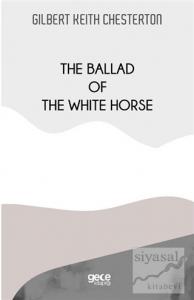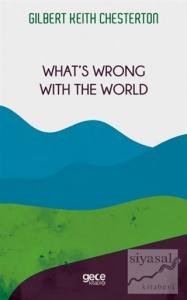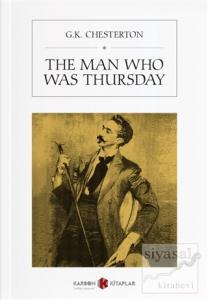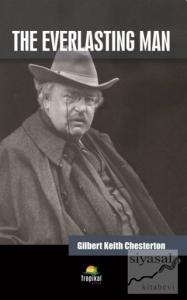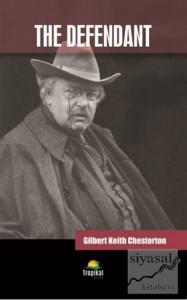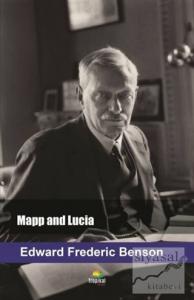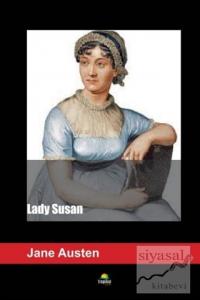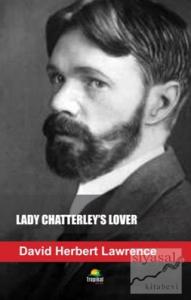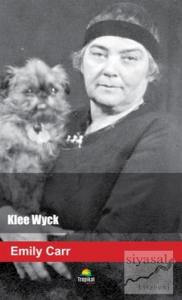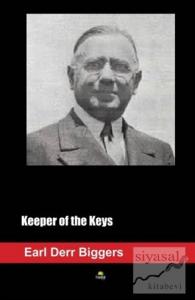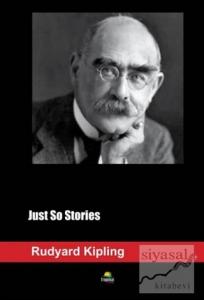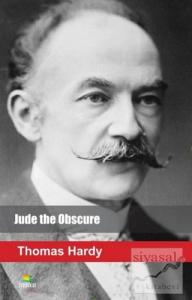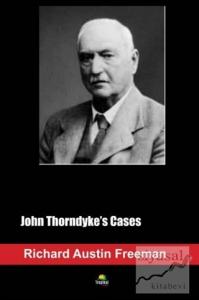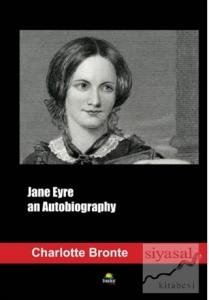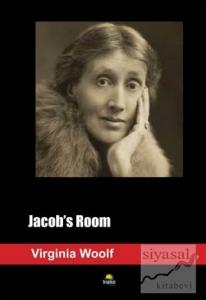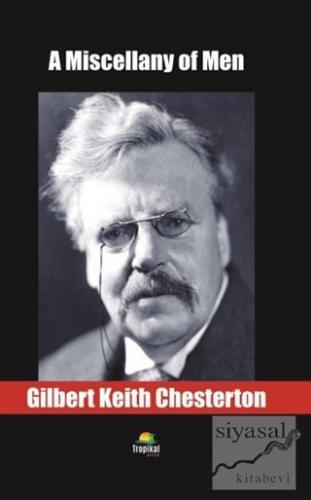
“G.K. Chesterton, in full Gilbert Keith Chesterton, (born May 29, 1874, London, England—died June 14, 1936, Beaconsfield, Buckinghamshire), English critic and author of verse, essays, novels, and short stories, known also for his exuberant personality and rotund figure. Chesterton was educated at St. Paul's School and later studied art at the Slade School and literature at University College, London. His writings to 1910 were of three kinds. First, his social criticism, largely in his voluminous journalism, was gathered in The Defendant (1901), Twelve Types (1902), and Heretics (1905). In it he expressed strongly pro-Boer views in the South African War. Politically, he began as a Liberal but after a brief radical period became, with his Christian and medievalist friend Hilaire Belloc, a Distributist, favouring the distribution of land. This phaseof his thinking is exemplified by What's Wrong with the World (1910).”
“G.K. Chesterton, in full Gilbert Keith Chesterton, (born May 29, 1874, London, England—died June 14, 1936, Beaconsfield, Buckinghamshire), English critic and author of verse, essays, novels, and short stories, known also for his exuberant personality and rotund figure. Chesterton was educated at St. Paul's School and later studied art at the Slade School and literature at University College, London. His writings to 1910 were of three kinds. First, his social criticism, largely in his voluminous journalism, was gathered in The Defendant (1901), Twelve Types (1902), and Heretics (1905). In it he expressed strongly pro-Boer views in the South African War. Politically, he began as a Liberal but after a brief radical period became, with his Christian and medievalist friend Hilaire Belloc, a Distributist, favouring the distribution of land. This phaseof his thinking is exemplified by What's Wrong with the World (1910).”













